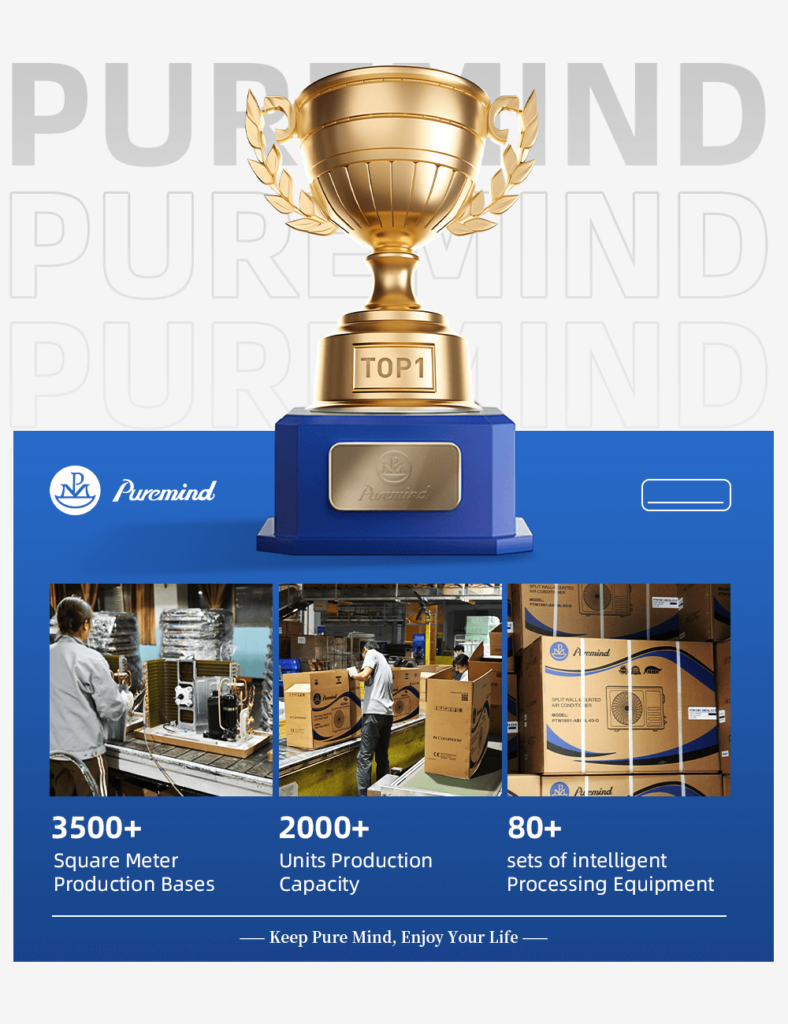HVAC Manufacturers Representative Guide for Wholesalers, Suppliers & Distributors
The HVAC industry operates as a dynamic ecosystem, where manufacturers, suppliers, wholesalers, and distributors each play critical roles. At the center of these relationships is the HVAC manufacturers representative — a professional who acts as the vital bridge connecting high-quality products from manufacturers to the businesses that distribute them to end customers. In this comprehensive guide, we will explore who they are, what they do, and why they matter for wholesalers, suppliers, and distributors.
What is an HVAC Manufacturers Representative?
An HVAC manufacturers representative is an independent sales and marketing professional hired by HVAC equipment manufacturers to represent their products in a specific territory. Unlike direct sales employees, they work with multiple clients, often managing several product lines. Their role extends beyond sales — they provide technical expertise, facilitate training, and offer feedback from the field to help improve products and strategies.
Main Responsibilities
- Promoting HVAC products to wholesalers, suppliers, and distributors.
- Delivering product demonstrations and technical presentations.
- Advising clients on the best solutions for specific applications.
- Providing market intelligence to manufacturers.
- Managing territory-based sales targets and maintaining relationships.
- Offering post-sale technical support and troubleshooting.
Benefits of Working with an HVAC Manufacturers Representative
Wholesalers, suppliers, and distributors often rely on these representatives to streamline procurement and improve sales. The main benefits include:
- Access to a Broad Product Range: Representatives often carry multiple brands, giving you more product options to meet diverse customer needs.
- Expert Guidance: They provide valuable technical knowledge and ensure that your sales team understands the products thoroughly.
- Reduced Overhead: Working with independent reps means you can expand your reach without the expense of a large in-house sales team.
- Market Penetration: With existing relationships in the industry, reps can help you enter new markets faster.
- Regulatory Compliance Support: They often have insights into standards like those set by ASHRAE, helping you stay compliant with industry regulations.
How HVAC Manufacturers Representatives Operate
These professionals operate within designated territories, ensuring they can provide localized support and market-specific strategies. Their operations typically involve:
- Regular visits to wholesalers, suppliers, and distributors.
- Participation in industry trade shows and exhibitions.
- Conducting hands-on product training sessions.
- Assisting with bid specifications and project proposals.
Key Skills of Successful Representatives
- Deep technical knowledge of HVAC systems, from split units to VRF systems.
- Strong sales negotiation abilities.
- Capacity to manage multiple product lines and accounts simultaneously.
- Proficiency with CRM systems and sales tracking tools.
- Understanding of industry standards such as ASHRAE guidelines.
Choosing the Right HVAC Manufacturers Representative
Finding the right representative for your business is crucial. Here are the factors to consider:
- Proven track record in your specific product segment (e.g., commercial HVAC, residential AC).
- Established relationships within your target geographic region.
- Ability to provide both technical and sales support.
- Alignment with your business values and long-term goals.
Impact on the HVAC Supply Chain
An HVAC manufacturers representative ensures efficient communication and logistics between manufacturers and market players. By understanding the demands of distributors and the capabilities of manufacturers, they optimize the flow of products, reduce lead times, and improve service quality.
Example: Split Air Conditioner Distribution
For example, when it comes to split air conditioners, a skilled representative ensures that the latest energy-efficient models are introduced to wholesalers and distributors promptly. This is vital in peak seasons when demand surges and timely delivery can secure major contracts.
Trends Shaping the Role of HVAC Manufacturers Representatives
- Energy Efficiency: Increasing demand for high-efficiency and eco-friendly HVAC systems.
- Smart HVAC Solutions: Growth of IoT-enabled systems offering remote monitoring and control.
- Regulatory Changes: New refrigerant standards and environmental regulations influencing product offerings.
- Digital Sales Tools: Adoption of online catalogs, virtual demos, and digital marketing for faster client engagement.
Training and Industry Knowledge
To be effective, HVAC manufacturers representatives must continually update their technical knowledge. Organizations like ASHRAE provide ongoing education, including certification programs and training in areas such as energy efficiency, ventilation standards, and sustainable system design.
Conclusion
For wholesalers, suppliers, and distributors, partnering with an HVAC manufacturers representative can lead to significant growth. Their ability to connect the right products with the right markets, coupled with technical and regulatory expertise, makes them an invaluable part of the HVAC supply chain. Whether you’re looking to expand your product range, penetrate new markets, or improve compliance with industry standards, a skilled representative can be the key to success.
Choosing the Right HVAC Manufacturers Representative
When selecting a representative for your business, consider the following factors:
- Experience with your specific product category
- Reputation and existing relationships in your target market
- Technical expertise and ability to provide training
- Track record of achieving sales targets
Impact on the HVAC Supply Chain
An HVAC manufacturers representative plays a critical role in ensuring efficient distribution. By connecting manufacturers with trusted wholesalers, they help maintain consistent product availability, which is essential for meeting seasonal demand and project deadlines.
Example: Split Air Conditioner Distribution
In the case of split air conditioners, a manufacturers representative ensures that the latest energy-efficient models are available to distributors and installers. This improves market competitiveness and helps suppliers meet the needs of commercial and residential clients.
Trends Shaping the Role of HVAC Manufacturers Representatives
- Energy Efficiency: Growing demand for eco-friendly HVAC solutions.
- Smart Technology: Integration of IoT-enabled HVAC systems.
- Regulatory Compliance: Increasing importance of meeting environmental standards.
Conclusion
Working with an HVAC manufacturers representative can significantly boost your product sourcing, sales efficiency, and market reach. Whether you’re a wholesaler, supplier, or distributor, leveraging their expertise can be a strategic advantage in the competitive HVAC market.



